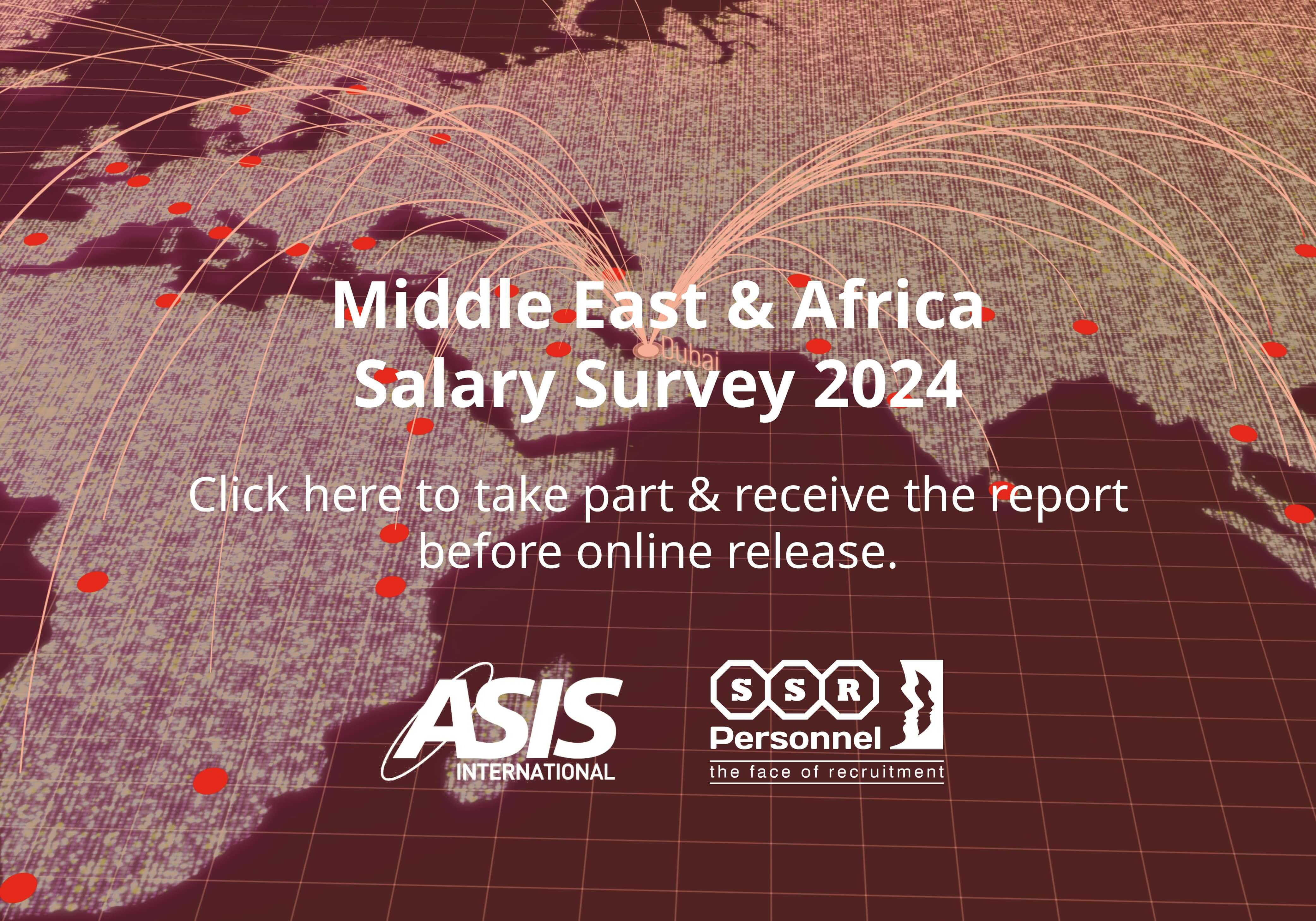Operational managers, like most of us, tend to spend little of their time recruiting people and so often have a view of recruitment that is based on their own situation and background and not impartial, says Peter French, of recruitment firm SSR® Personnel.
HR departments are normally the gatekeepers in the recruitment process and it is often they who are held responsible for ensuring that the performance of new hires is based on documented outcomes and these seldom include "must be ex forces" (unless they are going to war)!
In the modern environment, the due process of hiring is a scientific methodology, but some organisations remain fundamentally flawed in their attraction, selection and retention and use broad comparators, such as military service, without breaking this down into the constituent parts, e.g. experience of collating evidence under PACE. This results in a candidate being selected not on what they know or can bring to the role, but on what the hirer thinks they can bring. Assumptions!
In many situations busy hiring managers can be less than truthful in their requirements when instructing a search assignment for applicants, and may short cut by making a generalisation about the skills offered by one group over another, but in essence the majority of firms remove this from the selection at some point in the process. This removal often occurs when a third party (e.g. the HR department) review the suggested documentation and break this down into skills, competences, behaviours and traits (to most of people outside of the selection process, that is the job description and the personal specification). Thereby by adding back the science.
As most employers know, getting the hiring process wrong leads to more initial hiring costs, the potential for aggravated costs for the removal of employees, and loss of service within the business.
No matter the level of recruitment, many operating managers are unable to articulate (for good reason) the key competencies they desire and some managers wish to bring new skills into their businesses and can generally set off on their recruitment cycle looking for talented individuals, whom they believe, may come from the forces. The end product of this is that adverts and other recruitment tools appear to promote a preference that does not translate to what is actually required.
This is generalising but organisations, in broad terms, are dysfunctional where they fail to apply the basic scientific principles of attracting, selecting and retaining.
I wish to be clear, I am not suggesting that the forces do not add talents and skills to individuals, they do. I wholeheartedly support service personnel and I know one of my board directors, himself ex Royal Military Police, supports the view that it is not so much where you gain your skills but how you use them. This is best explained in the thinking behind university education for prisoners, learned people have knowledge, regardless of where they are taught. How this is applied is varied, far reaching and task specific. Clarity is required, not generalisation.
I have always argued that talent management is a key responsibility for HR professionals and development is down to managers. Thereby organisations can achieve a pathway for staff development. But the 'how' is plainly missing from the actions of some.
Every organisation claims to have their communication streams transcending their structure. Unfortunately it is often the employee who turns off the sound, they let their body language mimic the organisation, scratch under the skin and we find no substance nor understanding of the company ethos that boards espouse in the annual report.
Asking stakeholders in a business to describe what a successful employee in these business looks like prompts a diverse range of descriptions. I have yet to hear one say, "Oh that team over there, are all ex Army, Navy, Customs, Police or whatever service group they recognise." All stakeholders may not always be obvious and need to be included for critical hiring decisions as they may articulate a skill most commonly found in some service personnel, but short of a very specific style of management (e.g Bramshill or Sandhurst) the range of options are limited. All parties will however want input, whilst possibly denying that the final chosen person needs to be their concern.
Change management in a distressed business is the only time root and branch overall will take place. In such circumstances, businesses are required to make difficult choices to overhaul and simplify processes.
Managing change has to be mapped and implemented. Silos or people empires overthrown. Managers must therefore play their part and believe in the reasons for change.
At a time when profit (restrained costs if you are in the public sector) is the motivator for organisations, the fit are now going through such root and branch examination.
People plans, by way of competency mapping, should be across the staffing structure. Talent development plans overlaid to see how we can retain, clarify and motivate existing employees. Such actions by the corporation may be the only outward sign of affection many employees will experience.
Competent managers use mapping plans to co-join business process. Identifying critical shortcomings and where possible enabling technology solutions to meet their needs.
35% of UK businesses claim they suffer from a skills shortage when recruiting and cite the lack of skills as a reason for reducing recruitment plans, which will in turn lead to a restriction in growth.
So where do you stand in our aims of attracting, selecting and retaining employees. As a manager are we sharing with our recruitment resource what we actually need. Are we expecting too much from our workforce. Do we celebrate our success in equipping our people to meet future challenges and therefore optimise growth for our business.
We have to go to our HR gatekeeper to utilise their skills in handing development processes and benchmarking. Benchmarking expectations of new hires as well as their remuneration expectation must be undertaken in order that sensible business strategies can be positioned. Unrealistic requirements or expectations just increases the average costs of recruitment. Across UK business the cost of attracting and selecting an applicant is £8,000 per successful hire. Increasing that figure by 25% if new hire attrition exceeds 20% per 12 months.
Employers start out with a heightened expectation for a new recruit, a high proportion of those employers without talent policies in place are unsatisfied with that hiring decision within 12 months. Given the propensity for individuals to resort to litigation, peripheral costs are rising further. Individuals are no longer put off from commencing spurious allegations, perhaps because of the rise of inclusive legal cover in home insurance policies.
There is a need for all managers to be active in the development of their people and themselves, and overcome stereotyping. Do we coin a new illegal activity, 'RAFism', the new racism against members of one force, or do we tune in with our business and broader social needs and plan how to build new horizons and treat all people as individuals matching the one set of skills against the one requirement. In this increasingly connected world integration means looking at a broader picture and making informed choice, not the narrow focused and almost bigoted stance of elitism.
SSR® is the largest recruitment consultancy dedicated to the security, fire, health and safety sectors in Europe, operating in 20 countries. We have a global presence in North America, Asia and Eastern Europe. We are accredited ISO 9001:2000. For further details view our web site www.ssr-personnel.com


